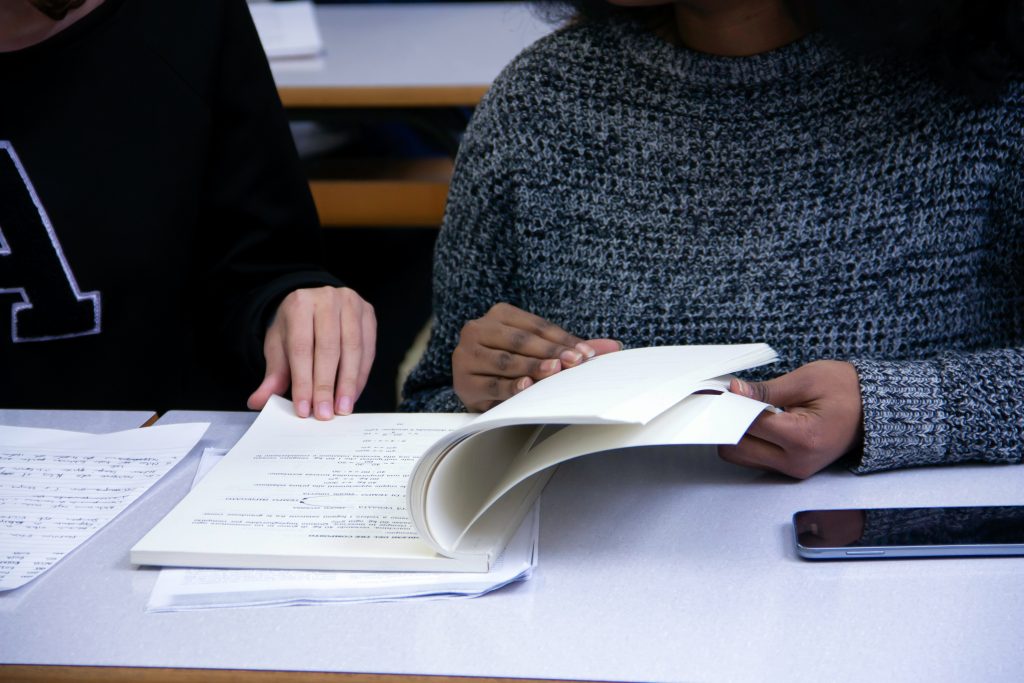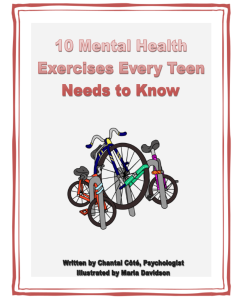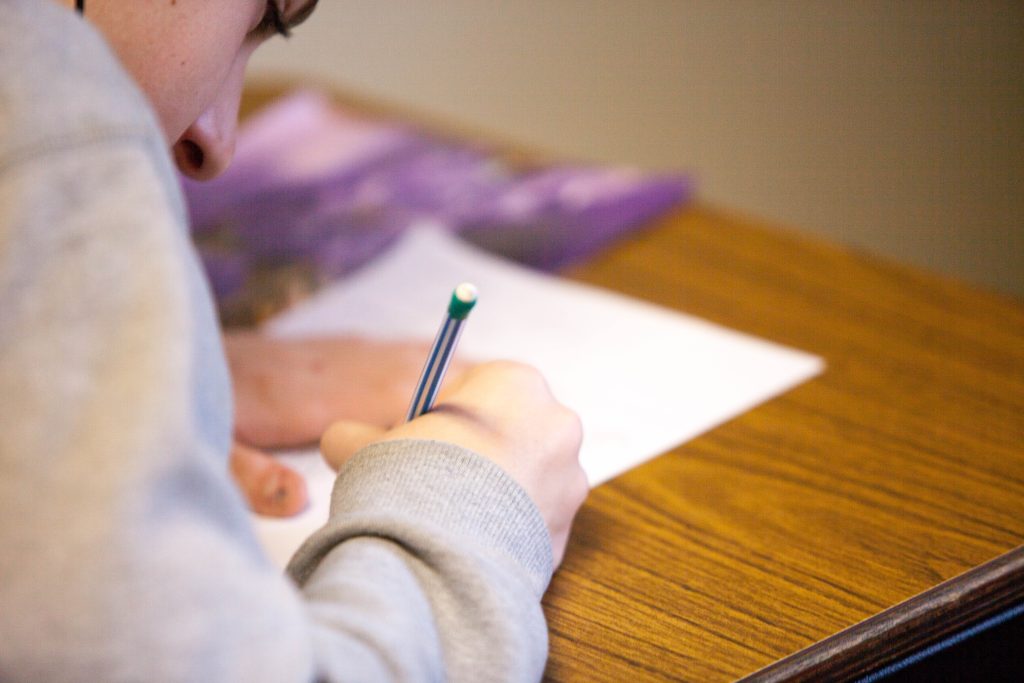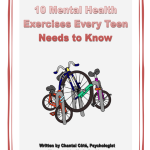A Guide to Self-Compassion for Teen Girls
A Guide to Self-Compassion for Teen Girls
Have you realized that being compassionate and accepting of others, their mistakes and their flaws is quite easy to do? But when it comes to us, we struggle with exercising self-compassion ourselves… Ever wondered where this comes from? Well, most of the time we hold ourselves to a higher standard, which at times costs us our humanity. To add, it could also be influenced by how we are raised, natured, and cared for, cultural, and traditional factors and systematic exclusions too. Here are some tips to help build self-compassion:
———
>>> FREE DOWNLOAD: Mental Health Handbook for Teen Girls <<<
An eBook with 10 mental health exercises every teen girl needs to know to:
- Improve focus
- Boost happy hormones naturally
- Cope with trick feelings
- Develop self-compassion
———
If you are struggling with self-compassion and feel stuck in a cycle of self-judgement and critique, ask yourself, how would you treat a friend in a similar situation? And then apply that response to your given situation. This allows you to learn and make room for mistakes, and at the end of the day, we are all human and you are not alone in being imperfect. As no one is. What could also help is making time for caring for yourself and your needs? Self-care could be of great help to engaging in self-compassion as viewing yourself as deserving of care and engaging in self-care practices allows you to note how self-compassion is also a crucial part of your human experience.

Photo by Alex McCarthy on Unsplash
Another tip would be to try to be more self-accepting of who you are and your own journey. Everyone is on their own unique path and how it lays out can be very different from our own. What difference would it make if you engaged in self-acceptance of your shortcomings, our critical self-talk and realized these elements do not make our whole existence and might actually take up about 1% of who we are? This can also allow one to focus on their strengths rather than weaknesses that do not define the overall you. We create space to discover what aligns and is important to us by letting go of what isn’t right or ours to carry. Self-acceptance allows us to accept things for what they are and hold space for emotions that come along. By paying attention to our emotions and feelings, we also master what they can be trying to tell us about what we really need in life and what is important to us.
Exercising mindfulness could do wonders for the self. This means allowing yourself to live in the present moment, and accepting things as they are. Mindfulness can be an important practice as it allows us to be present, as at times our inner critique is often at the forefront of our decisions, and who we are as people, and thus dictates the narrative we choose to believe. Practising mindfulness, allows us to be mindful of where our thoughts go to (sometimes to the past or future), which can result in us beating ourselves up, for things we cannot change or beyond our control. By practicing mindfulness, we allow the experience to be there as it is, examine what is going on, practice curiosity and attend to what to happening with mindfulness and care. As well as kindness.
Here are some guided meditations that you could use when trying to practice self-compassion-related mindfulness: https://self-compassion.org/category/exercises/

Photo by Imani Bahati on Unsplash
Self compassion is an up and down journey that takes time to work through. Most adults still aren’t all the way there! If you would like 1:1 support, but aren’t sure if therapy is a good option for you, read our blog:
4 Ways to Tell If Teen Therapy Is Right For You
We have several therapists you can get to know, and book a free consultation with, here:
BOOK A FREE CONSULTATION (for Alberta teens aged 11-21)
———
>>> FREE DOWNLOAD: Mental Health Handbook for Teen Girls <<<
An eBook with 10 mental health exercises every teen girl needs to know to:
- Improve focus
- Boost happy hormones naturally
- Cope with trick feelings
- Develop self-compassion
———





 I am a registered social worker with a Bachelor of Social Work with a major in psychology from the university of the Western Cape, and a Master’s in Clinical Social Work specialization with individuals, families, and groups from the University of Calgary.
I am a registered social worker with a Bachelor of Social Work with a major in psychology from the university of the Western Cape, and a Master’s in Clinical Social Work specialization with individuals, families, and groups from the University of Calgary.
















 Hello, my name is Tara, and I am a graduate student in counselling, I will be doing my practicum at Pyramid Psychology and I am very excited to practice all the skills I have learned as well as develop new relationships.
Hello, my name is Tara, and I am a graduate student in counselling, I will be doing my practicum at Pyramid Psychology and I am very excited to practice all the skills I have learned as well as develop new relationships.























